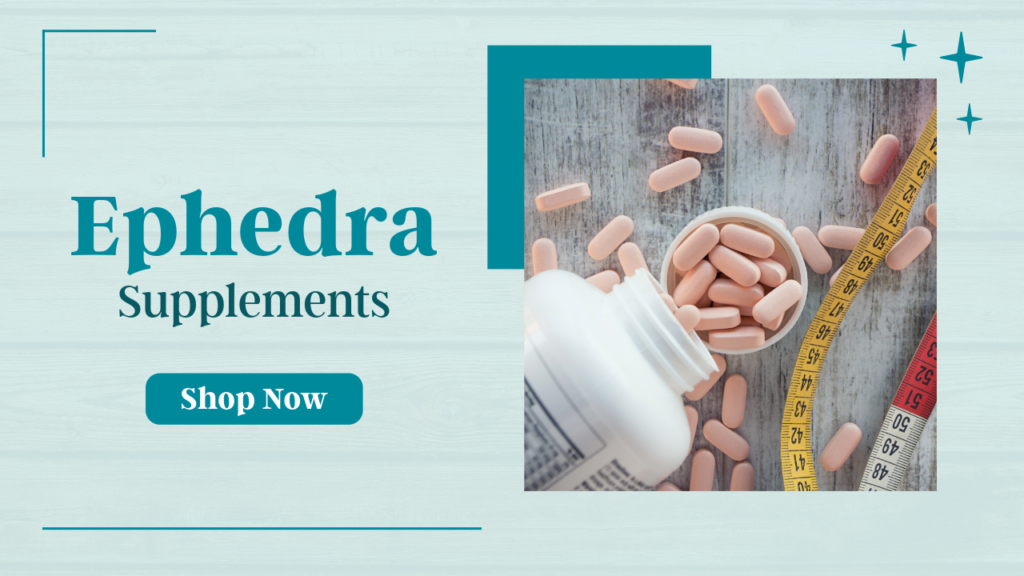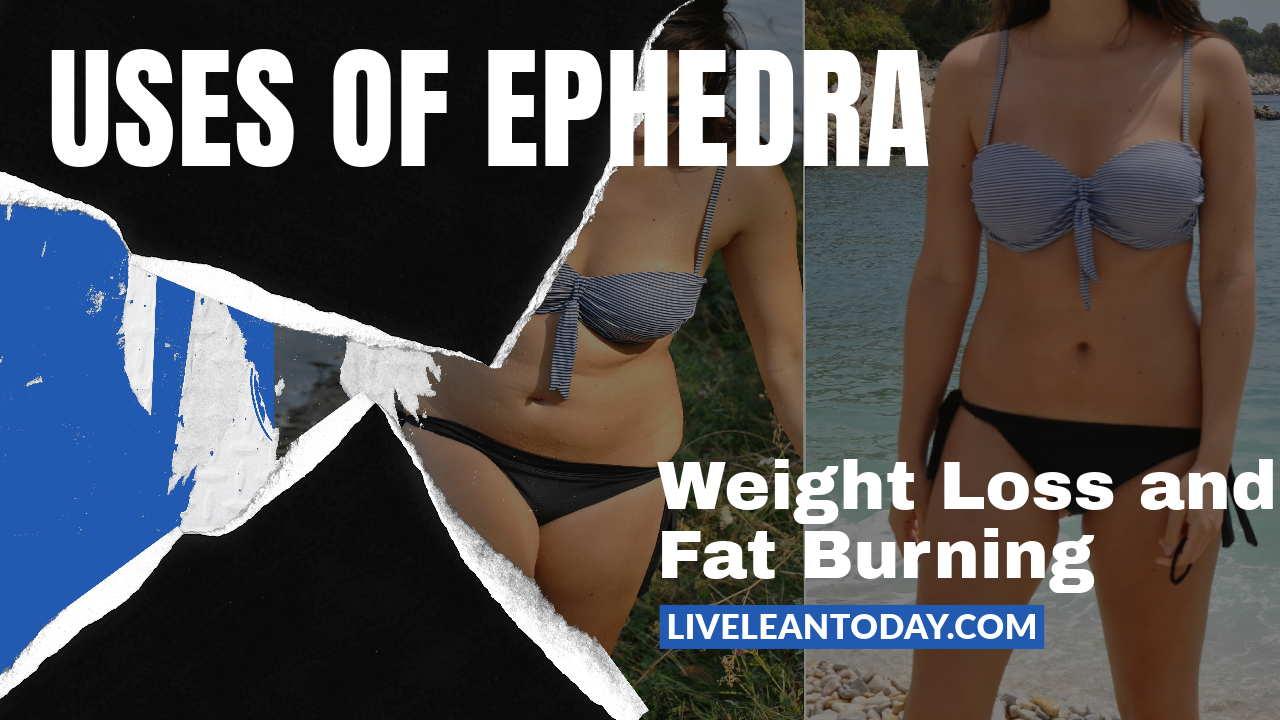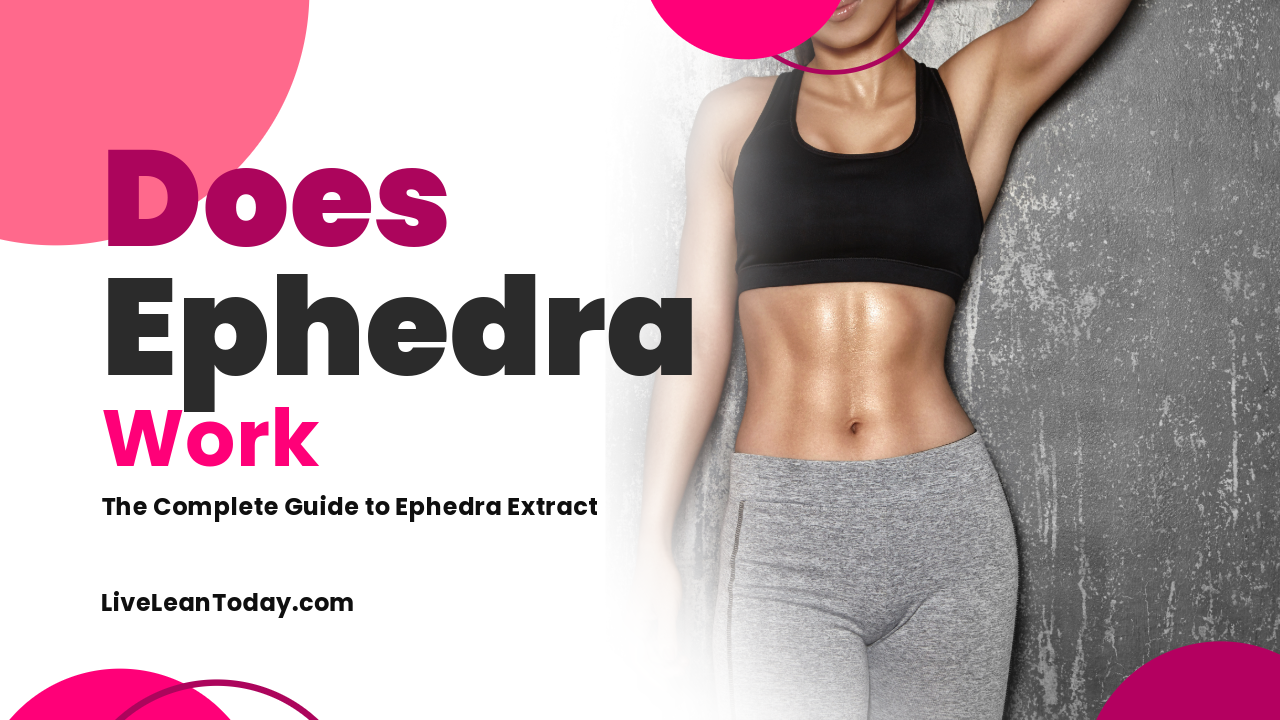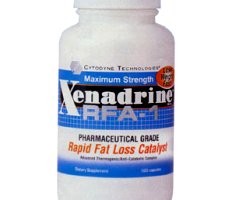Ephedra, known by many names such as Ma Huang, Ephedra nevadensis, and Desert Herb, stands out as a significant herb in the realm of natural supplements. Predominantly recognized for its active compound, ephedrine, ephedra supplements have been at the center of discussions regarding their therapeutic benefits and associated safety concerns. Native to regions stretching from Pakistan to China, ephedra has been valued for centuries in traditional Chinese and Indian medicine for treating a variety of respiratory ailments.
With its robust use in battling conditions like asthma, bronchitis, and nasal congestion, ephedra’s influence extends beyond traditional remedies into modern health and fitness landscapes. As this guide unfolds, it will delve into the multifaceted roles of ephedra extract, including its controversial status within the legal and regulatory arenas, and explore safe, legal alternatives for those seeking the benefits traditionally associated with ma huang pills and ephedra-based supplements.

What is Ephedra?
Ephedra, often referred to by names such as Ma Huang, Desert Herb, or by its scientific moniker Ephedra sinica, is a plant known for its potent active ingredients and historical significance in traditional medicine. This section aims to elucidate the fundamental aspects of ephedra, focusing on its composition, uses, and the controversies surrounding its safety and legality.
- Composition and Active Ingredients:
- Ephedra is characterized as a low evergreen shrub with small scaly leaves, predominantly harvested for its stem and branches.
- The plant contains a variety of alkaloid and non-alkaloid compounds, with ephedrine and pseudoephedrine being the most prevalent. These compounds are responsible for the plant’s stimulant properties.
- Ephedra-based dietary supplements often combine ephedra extract with other botanicals that are natural sources of caffeine and salicylic acid to enhance its effects.
- Traditional and Modern Uses:
- Historically, ephedra has been utilized in traditional medicine to treat a wide range of conditions, including asthma, bronchitis, hay fever, and symptoms of cold and flu, among others [2][6].
- In modern contexts, before regulatory interventions, ephedra-containing products were marketed as energy boosters, weight-loss supplements, and athletic performance enhancers.
- The main active ingredient, ephedrine, can also be synthesized and is widely used in over-the-counter cold remedies, regulated as a drug.
- Controversies and Legal Status:
- The popularity of ephedra in the United States surged in the early 1990s, particularly for its weight loss and athletic performance enhancement claims.
- However, due to safety concerns, including its link to 155 deaths and numerous health issues, the FDA took action to remove ephedra-containing dietary supplements from the market.
- Despite the ban, synthetic ephedrine and pseudoephedrine remain legal and are found in decongestants and cold medicines used to treat asthma.
This overview of ephedra highlights its complex nature, from its traditional uses to the modern controversies that have shaped its legal status and public perception.
Effects on Weight Loss and Athletic Performance
Ephedra supplements and their active components have been studied extensively for their effects on weight loss and athletic performance. The findings from various studies provide a nuanced understanding of their efficacy and associated risks:
- Weight Loss Effects:
- The combination of ephedrine, caffeine, or dietary supplements containing both ephedra and botanicals with caffeine has been associated with a modest but statistically significant increase in weight loss over short periods.
- Specifically, the pooled estimates for weight loss rates indicate that ephedrine alone leads to a monthly weight loss of 1.3 pounds more than placebo, while the combination of ephedrine and caffeine results in a loss of 2.2 pounds more than placebo.
- However, despite these modest effects, the benefits are considered insufficient to outweigh the serious risks associated with the use of ephedra/ephedrine supplements.
- Athletic Performance:
- Although ephedra is widely used by athletes with the expectation of enhancing performance, there is a lack of evidence supporting any significant improvement in athletic capabilities.
- A one-time use of ephedrine-containing products, when taken in combination with caffeine, appears to enhance immediate physical performance, indicating a potential for acute benefits under specific conditions.
- Nevertheless, ephedra and ephedrine are not approved in the United States for use as performance-enhancing drugs, highlighting regulatory concerns regarding their safety and effectiveness in this context.
- Appetite Suppression and Other Effects:
- Beyond weight loss, ephedra and ephedrine are also used for their ability to decrease appetite, increase alertness and productivity, improve mood, and decrease fatigue.
- Over the short term, ephedrine, ephedrine plus caffeine, and supplements containing ephedra or ephedra plus caffeine have been shown to promote modest increases in weight loss, approximately two pounds per month more than those taking a placebo.
- Despite these short-term benefits, long-term use of ephedra does not support sustained weight loss or enhanced athletic performance, and is associated with increased rates of side effects.
This analysis underscores the complexity surrounding the use of ephedra supplements, balancing their potential benefits against the backdrop of significant safety concerns and regulatory restrictions.
Potential Health Risks and Safety Concerns
Ephedra supplements, while known for their potential benefits in weight loss and energy boosting, have been associated with a range of serious health risks and safety concerns. These concerns have led to significant regulatory actions, including bans and warnings from health authorities. The following points outline the key health risks and safety concerns associated with ephedra supplements:Adverse Effects and Risks:Controlled trials indicate that the use of synthetic ephedrine, ephedrine plus caffeine, or ephedra plus botanicals containing caffeine is linked with 2-3 times the risk of certain adverse effects, including heart attacks, strokes, seizures, and deaths. Ephedra supplements have been implicated in numerous serious health-related adverse events, leading to the FDA receiving over 1,500 adverse-event reports related to ephedra and 125 reports on products containing ephedrine .The risk of experiencing psychiatric symptoms, autonomic symptoms, upset stomach, and heart palpitations is 2- to 3-fold higher with ephedra and ephedrine use, underscoring the significant safety concerns associated with these substances .Interactions and Contraindications:
- Certain compounds found in or associated with ephedra supplements, such as synephrine and oxilofrine, can increase blood pressure and constrict blood vessels. The combination of these substances with caffeine could exacerbate these effects, posing additional health risks .Individuals with pre-existing conditions such as high blood pressure, thyroid disorders, or cardiovascular disease are at increased risk of adverse effects when using ephedra supplements. These individuals should avoid herbal remedies like green tea extract and bitter orange, which can interact dangerously with prescription or over-the-counter drugs .
- Due to the substantial health risks associated with ephedra, the FDA banned dietary supplements containing ephedrine alkaloids, citing an unreasonable risk of injury. This ban was influenced by cases of heart attack, seizure, stroke, and sudden death linked to ephedra use .Ephedra and its derivatives have been banned from the Olympics, college athletics, the National Football League, and U.S. military bases worldwide, highlighting the widespread recognition of its potential dangers .The FDA has issued warning letters to companies marketing products containing methylsynephrine (often listed as oxilofrine on supplement labels), emphasizing that including it as a dietary ingredient is considered misbranding
Legal Status and FDA Regulations
- FDA’s Final Rule on Ephedra Supplements:
- On February 9, 2004, the Food and Drug Administration (FDA) issued a final rule prohibiting the sale of dietary supplements containing ephedrine alkaloids (ephedra) due to an unreasonable risk of illness or injury.
- This regulation, declaring dietary supplements containing ephedrine alkaloids adulterated under the Federal Food, Drug, and Cosmetic Act, became effective on April 12, 2004.
- Marketing an adulterated dietary supplement is considered illegal, with the FDA advising consumers to stop using ephedra products immediately.
- Ephedra and Its Alkaloids: Legal Status and Health Concerns:
- Ephedra, also known as Ephedra sinica or ma huang, contains ephedrine alkaloids, including ephedrine and pseudoephedrine, which have been deemed not safe and illegal as dietary supplements in the United States.
- The FDA concluded that dietary supplements containing ephedrine alkaloids pose a risk of serious adverse health events, such as heart attack, stroke, and death, leading to a ban on their sale and marketing in the U.S..
- Despite the ban, supplements labeled as ‘ephedra extracts’ may not contain ephedrine alkaloids and can be sold legally in the U.S., although without laboratory testing, it is impossible to ascertain if a product contains ephedrine alkaloids.
- Regulatory Actions Beyond Ephedra:
- The Combat Methamphetamine Epidemic Act of 2005, part of the Patriot Act, bans over-the-counter sales of cold medicines containing pseudoephedrine, a common ingredient used in making methamphetamine, with the sale of such products limited to behind the counter.
- This law, effective September 30, 2006, also imposes limits on the number of tablets of ephedrine, pseudoephedrine, or phenylpropanolamine that can be purchased in a 30-day period and requires stores to keep personal information about purchasers for at least two years.
- In response to the misuse of these substances, companies are voluntarily re-formulating their products to exclude phenylpropanolamine, ephedrine, and pseudoephedrine, with consumers advised to read labels of over-the-counter (OTC) drug products to determine if the product contains these ingredients.
Alternatives to Ephedra for Weight Loss
In the quest for weight loss and energy-boosting alternatives to ephedra, consumers have turned their attention to a variety of ephedra-free supplements. These alternatives are sought after for their potential to provide similar benefits without the associated health risks of ephedra. Below is a detailed overview of some popular ephedra-free alternatives:
- Stimulant-Based Alternatives:
- Guarana: Known for containing two to three times as much caffeine as coffee, guarana is a potent stimulant that can increase alertness and energy levels.
- Bitter Orange (Citrus aurantium): Contains synephrine, a stimulant similar to ephedra, and is also used for conditions such as allergic rhinitis, asthma, bronchitis, cough, nasal congestion, and sinusitis.
- Caffeine: Directly using caffeine itself, whether through coffee, tea, or supplements, is another common alternative for those seeking the stimulant effects of ephedra.
- Non-Stimulant Alternatives:
- Garcinia: A fruit extract that is believed to have appetite-suppressing properties.
- Starch-Blocking Pills: Aim to inhibit the digestion of carbohydrates, potentially reducing calorie intake.
- Old-Fashioned Fiber: Promotes a feeling of fullness, helping to reduce overall food intake.
- Bladderwrack: A type of seaweed that is sometimes used for weight loss due to its iodine content, which may support thyroid function.
- Additional Herbal Alternatives:
- Cayenne: May boost metabolism and reduce appetite.
- Evening Primrose: Often used for its purported health benefits, though not directly linked to weight loss.
- Marshmallow: Not typically associated with weight loss but included in some herbal weight loss formulations.
It is imperative to consult a healthcare provider before starting any new supplement regimen, especially for weight loss. This is crucial to ensure safety, as some alternatives may interact with medications or may not be suitable for individuals with certain health conditions.
Conclusion
Throughout this comprehensive exploration of ephedra supplements, from their historical roots to modern controversies and regulatory landscapes, we’ve unveiled the multifaceted dimensions of ephedra’s uses, benefits, and associated risks. The journey through ephedra’s compound composition, its significant role in weight loss and athletic performance, alongside a critical look at its health implications, underscores a pivotal narrative. We’ve navigated the tightrope walk between the potential benefits of ephedra and the grave concerns over its safety, marked notably by regulatory actions aimed at safeguarding public health.
As we look ahead, the discourse around ephedra points to a broader conversation about the search for effective, safe alternatives for weight loss and performance enhancement. The shift towards ephedra-free supplements signifies a collective move towards prioritizing health and well-being, informed by historical insights and regulatory guidelines. It beckons a call to action for continued research and vigilance in the pursuit of supplements that promise benefits without compromising safety, thus ensuring that the legacy of ephedra informs future paths in the realm of natural supplements.
FAQs
Q: How do ephedrine and ephedra differ from each other?
A: Ephedra is a herb that contains various chemicals, one of which is ephedrine. Ephedrine, which can also be synthesized in a lab, is used in numerous medicinal products to alleviate symptoms of congestion, asthma, bronchitis, motion sickness, and allergies.
Q: What impact does ephedra have on the human body?
A: Ephedra can cause several side effects, including irritability, restlessness, anxiety, sleep disturbances, headaches, nausea, vomiting, and urinary issues. It may also lead to more severe health problems such as high blood pressure, rapid or irregular heart rate, stroke, seizures, dependency, and in extreme cases, death.
Q: Why is the sale of ephedra-containing supplements prohibited?
A: The FDA has banned the sale of dietary supplements containing ephedra due to the significant health risks they pose, including the potential for serious illness or injury. The FDA also strongly advises consumers to discontinue the use of any ephedra-containing products.
Q: What are the purported benefits of ephedrine supplements?
A: Ephedrine, as an active component of the ephedra herb, is believed to promote fat loss by increasing the availability of fat for fuel and by raising the body’s heat production. It is also associated with a potential increase in metabolic rate by up to 5% in humans.
References
NIH https://www.nccih.nih.gov/health/ephedra
Shekelle P, Morton S, Maglione M, et al. Ephedra and ephedrine for weight loss and athletic performance enhancement: clinical efficacy and side effects. 2003. In: Database of Abstracts of Reviews of Effects (DARE): Quality-assessed Reviews [Internet]. York (UK): Centre for Reviews and Dissemination (UK); 1995-. Available from: https://www.ncbi.nlm.nih.gov/books/NBK70164/
Torpy JMLynm CGlass RM. Ephedra and Ephedrine. JAMA. 2003;289(12):1590. doi:10.1001/jama.289.12.1590






